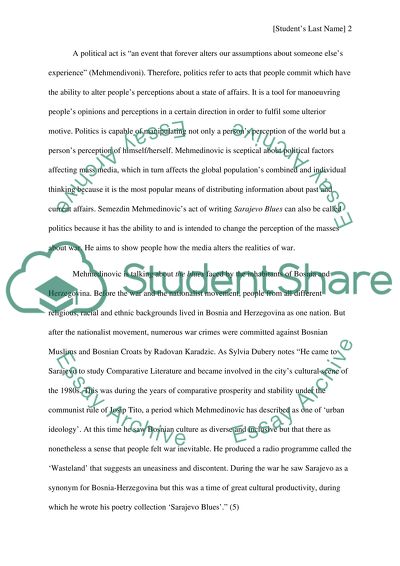Cite this document
(Nationalist Partition and International Intervention Essay, n.d.)
Nationalist Partition and International Intervention Essay. Retrieved from https://studentshare.org/politics/1566625-sarajevo-blues
Nationalist Partition and International Intervention Essay. Retrieved from https://studentshare.org/politics/1566625-sarajevo-blues
(Nationalist Partition and International Intervention Essay)
Nationalist Partition and International Intervention Essay. https://studentshare.org/politics/1566625-sarajevo-blues.
Nationalist Partition and International Intervention Essay. https://studentshare.org/politics/1566625-sarajevo-blues.
“Nationalist Partition and International Intervention Essay”. https://studentshare.org/politics/1566625-sarajevo-blues.


